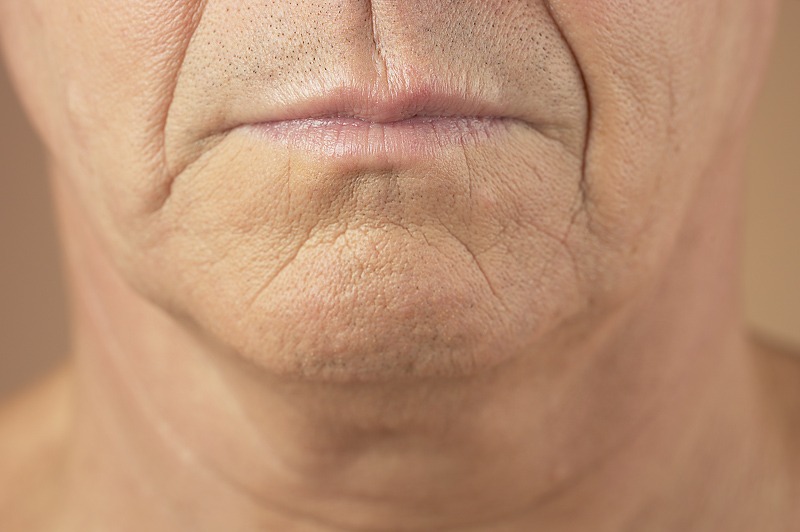
WEDNESDAY, July 16, 2014 (HealthDay News) — Taking B vitamins does not slow age-related mental decline or prevent Alzheimer’s disease, a new review says.
People with Alzheimer’s have high blood levels of a compound called homocysteine, and people with elevated levels of the compound have been shown to be at higher risk for Alzheimer’s.
It’s known that folic acid (vitamin B-9) and vitamin B-12 lower homocysteine levels, so it was believed that taking B vitamins may lower a person’s risk of Alzheimer’s. However, this review, published recently in the American Journal of Clinical Nutrition, revealed different results.
“It would have been very nice to have found something different,” study leader Dr. Robert Clarke, of Oxford University in England, said in a university news release. “Our study draws a line under the debate: B vitamins don’t reduce cognitive decline as we age. Taking folic acid and vitamin B-12 is sadly not going to prevent Alzheimer’s disease.”
The British researchers analyzed data on 22,000 people who took part in 11 clinical trials that examined the effect of B vitamins on mental abilities in older people. While taking B vitamins did lower homocysteine levels by about one-fourth, this reduction had no effect on thinking skills.
“Although one trial in 2010 showed that for people with high homocysteine, B vitamins had some beneficial effect on the rate of brain shrinkage, this comprehensive review of several trials shows that B vitamins have not been able to slow mental decline as we age, nor are they likely to prevent Alzheimer’s,” Dr. Simon Ridley, head of research at Alzheimer’s Research UK, said in the news release.
“While the outcome of this new and far-reaching analysis is not what we hoped for, it does underline the need for larger studies to improve certainty around the effects of any treatment,” Ridley added.
In the meantime, Clarke offered this advice.
“About 25 to 30 percent of the adult population take multivitamins, often with the idea that they are also good for the heart or the brain, but the evidence just isn’t there,” he said. “Much better is to eat more fruit and vegetables, avoid too much red meat and too many calories, and have a balanced diet.”
More information
The U.S. National Institute on Aging has more about Alzheimer’s prevention.
Copyright © 2026 HealthDay. All rights reserved.

